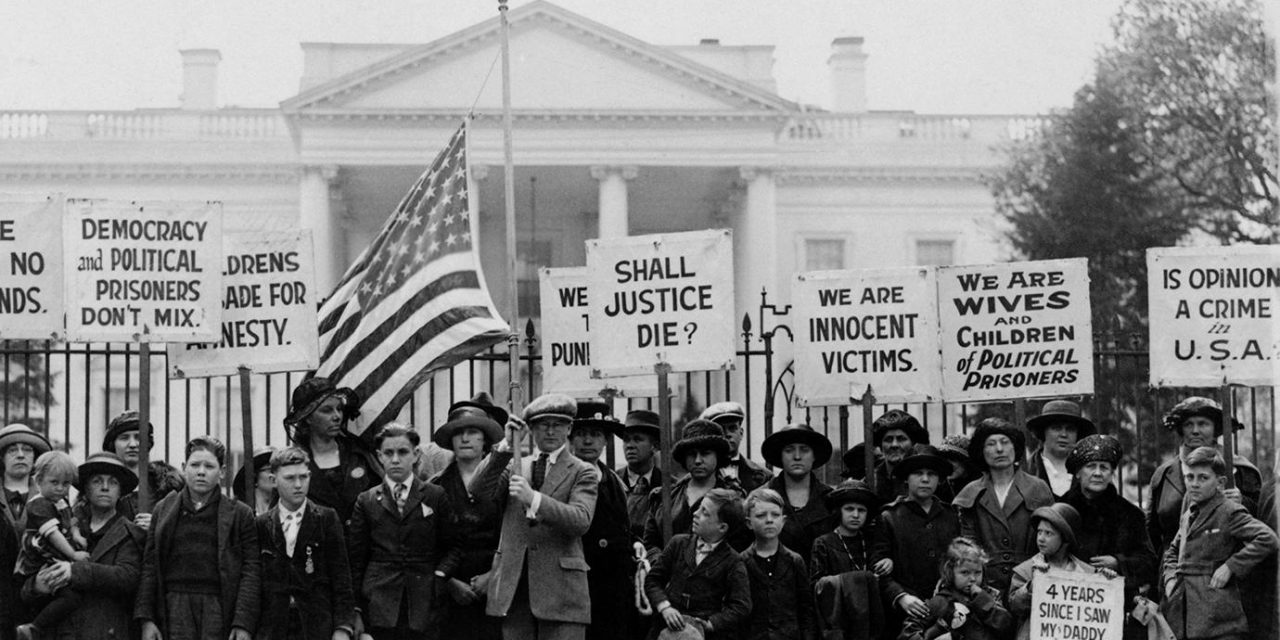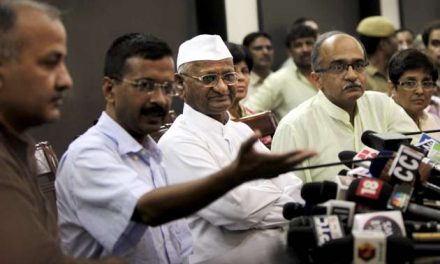Freedom of speech
17 February 2021
.
Turkey passed a law in July that requires social media companies such as Facebook and Twitter to maintain representatives in Turkey to deal with complaints about content on their platforms. Companies that have no official representative will be subject to fines, advertising bans and bandwidth reductions that would make their networks too slow to use.
Turkish government has managed to force Facebook, YouTube, and TikTok into appointing a legal representative to comply with the legislation via threats to prohibiting Turkish taxpayers from placing ads and making payments to them if they fail to appoint a legal representative. Local media reported that Google has appointed a legal representative through a shell company in Turkey.
The law requires the local representative to respond to individual requests to take down content violating privacy and personal rights within 48 hours or to provide grounds for rejection. The company would be held liable for damages if the content is not removed or blocked within 24 hours. The law also requires that media to be stored within Turkey.
According to the Freedom of Expression Association more than 450,000 domains and 42,000 tweets have been blocked in Turkey as of October, last year.
Out of the major social media platforms, only Twitter has not yet appointed a local representative in Turkey. Moreover Twitter has come into conflict with Turkish politicians. On 2 February, Twitter found that Turkish Interior Minister Süleyman Soylu violated its rules about hateful conduct and abusive behaviour policy. It did not remove the posts but restricted access to the articles. In another case Twitter decided to remove and delete a tweet by the AKP coalition MHP leader Devlet Bahçel, where he tweeted that student protesters were “terrorists” and “poisonous snakes” “whose heads needed to be crushed”. Twitter considered this post as violent threat.
Turkish politicians are angry at Twitter and the Turkish regulator BTK has already imposed the first set of sanctions by forbidding Turkish taxpayers from paying for ads on Twitter. BTK can apply for more sanctions against Twitter in April 2021. It will consider throttling the speed of connections to Twitter by 50% first and 90% subsequently.
The Turkish Constitutional Court has overturned previous complete ban on Twitter and YouTube in 2014 and Wikipedia in 2019. There is a possibility that the constitutional court may overrule sanctions against Twitter.
Amnesty International’s campaigner in Turkey tweeted that the law undermines freedom of expression online in a country where independent media are already curtailed.
Countries like Mainland China, Iran, Syria, and North Korea have restricted access to Facebook and WhatsApp.
Surce: Apnews and eff.org















